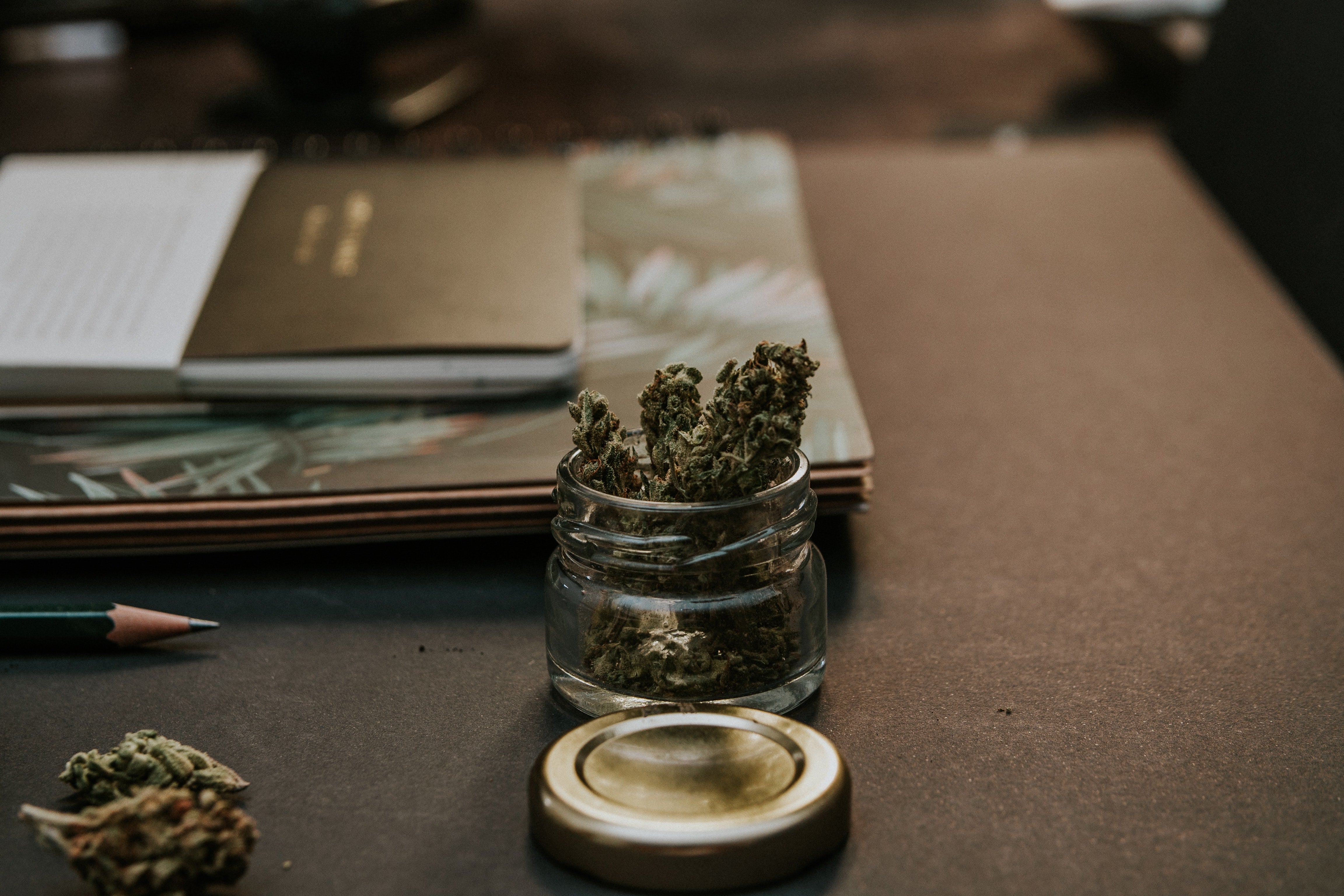
The Future of Cannabis: Global Legalization & the Rise of Alternative Regulations
Global Cannabis Legislation: Where Should U.S. Companies Be Looking?
The legal cannabis landscape is evolving rapidly, not just in the U.S. but across the world. As markets open and regulations shift, opportunities for investment, expansion, and innovation are growing. But with opportunity comes complexity—each country has its own rules, limitations, and potential risks.
So where should U.S. companies be looking in 2025 and beyond?
1. Europe: A Slow but Steady Market
Europe has long been seen as a sleeping giant in the cannabis industry. While progress has been slower than in North America, key markets are emerging:
• Germany recently moved toward adult-use legalization, setting the stage for broader European reform.
• Switzerland is running pilot programs for recreational cannabis sales, testing a model that other EU nations may follow.
• The Netherlands, long famous for its tolerance, is transitioning from a gray market to a legal and regulated cannabis supply chain.
Despite opportunities, challenges remain. The European Union’s fragmented approach to cannabis regulation means that each country has different rules, and cross-border trade is still a major hurdle.
2. Canada: A Cautionary Tale?
As the first G7 nation to legalize recreational cannabis, Canada offers important lessons. The country’s highly regulated market has faced overproduction, declining prices, and financial struggles among major players. Still, Canada remains a hub for cannabis innovation and international expansion. Companies looking at global opportunities should analyze what worked—and what didn’t—in Canada’s rollout.
3. Latin America: A Growing Powerhouse
Latin America has positioned itself as a major cannabis producer due to its climate, labor costs, and expanding regulations.
• Colombia has set up one of the most advanced legal frameworks for cannabis cultivation and export.
• Mexico has flirted with legalization but remains in legal limbo. If full legalization happens, it could be one of the largest global markets.
• Uruguay, the first country in the world to legalize recreational cannabis, continues to be a model for state-controlled distribution.
For U.S. companies, Latin America presents a key opportunity for low-cost production, but legal and regulatory stability remains a challenge.
4. Asia & Africa: Emerging But Uncertain
• Thailand became the first Asian nation to legalize cannabis, but regulatory backtracking has created uncertainty.
• South Africa and Lesotho have growing medical cannabis industries, but infrastructure and regulatory clarity are still developing.
For now, Asia and Africa remain high-risk, high-reward territories for cannabis entrepreneurs.
- Le choix d'une sélection entraîne une actualisation complète de la page.

